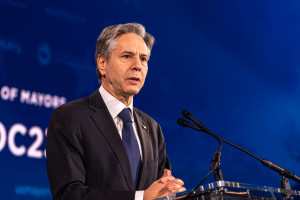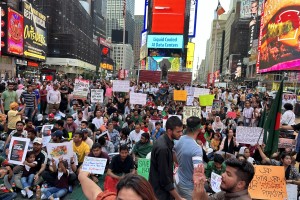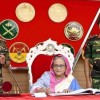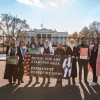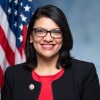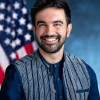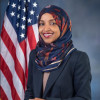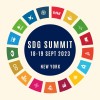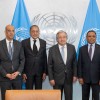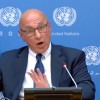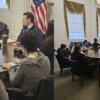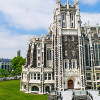Biden Yunus Historic Meeting
US, Bangladesh Leaders Affirm Strong Partnership and Support Reform Efforts
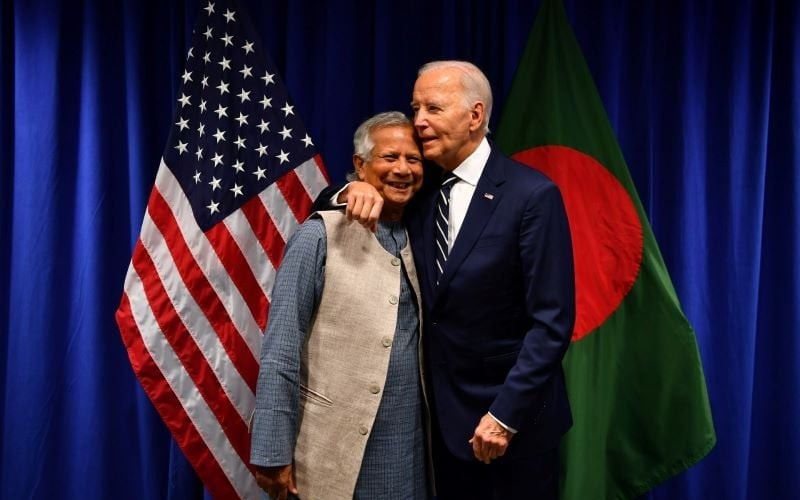
US President Joseph R. Biden and Bangladesh Chief Adviser Professor Muhammad Yunus have reaffirmed the robust partnership between Washington and Dhaka, underscoring shared democratic values and deep-rooted people-to-people connections. The leaders met on the sidelines of the United Nations General Assembly (UNGA) in New York, where President Biden welcomed further engagement between the two governments and pledged continued US support for Bangladesh's reform agenda, according to a White House statement.
President Biden congratulated Prof Yunus on his recent appointment as the head of Bangladesh's interim government. Prof Yunus, a Nobel laureate, was sworn in as Chief Adviser on August 8, following the resignation of former Prime Minister Sheikh Hasina amid a mass student-led uprising.
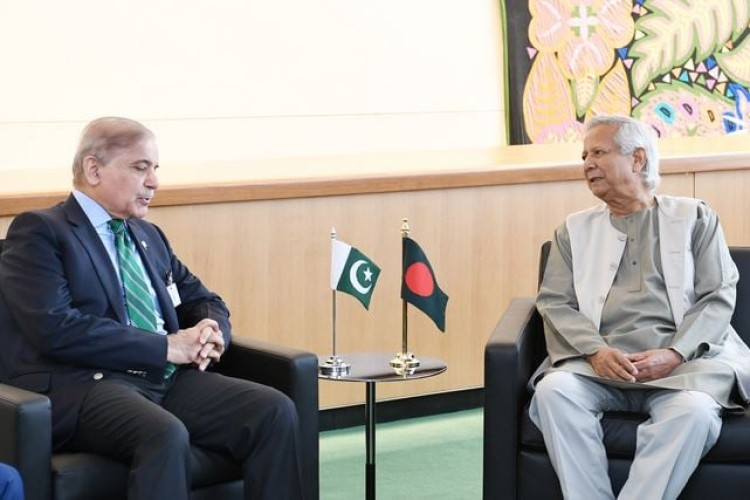
Call for Revival of SAARC
During the UNGA, Prof Yunus met with Pakistan Prime Minister Shehbaz Sharif to discuss enhancing regional cooperation. Prof Yunus called for the revival of the South Asian Association for Regional Cooperation (SAARC) as a vital platform for South Asia. Sharif supported the idea, suggesting that Bangladesh and Pakistan open a "new page" in their relations and cooperate across various sectors. Both leaders agreed on the need for bilateral initiatives, including youth exchange programs and revitalizing diplomatic talks.
IMF Pledges Support for Bangladesh’s Reforms
In another significant meeting, International Monetary Fund (IMF) Managing Director Kristalina Georgieva pledged support for Bangladesh's ongoing reforms. She praised the country's transformation as "Bangladesh 2.0" and expressed the IMF's commitment to fast-track financial support. Prof Yunus briefed Georgieva on the six commissions his government has established to recommend reforms in key areas such as elections, civil administration, judiciary, and anti-corruption.
Georgieva stated that an IMF team is currently in Dhaka, engaging with stakeholders to assess the reform agenda. She indicated that the IMF is prepared to consider new lending programs based on the team's findings or extend existing financial support.
The meetings underscore the international community's recognition of Bangladesh's efforts to stabilize and reform its governance and economic systems amidst significant political transitions.




